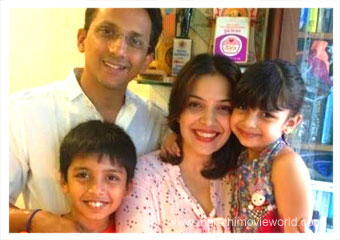
Through their interaction, we wanted to put forth poignant issues such as ethics in journalism and censorship,” says Patwardhan. “It is an old school romance between a celebrated journalist who chances upon the woman he had once loved. We also want to do our bit to clear superstitions that plague our society,” says Sodha.Ī period drama about solidarity and lost love, Kshitij Patwardhan’s play is set in a press room in the 1980s. We intend to create a scary, spooky environment. The horror production is a personal journey for director Pritesh Sodha. My intention is to spark a dialogue on gender roles,” says director Chinmay Mandlekar. The story is about the complexity of the human mind. “An extramarital affair only sets the background. Written by Milind Bokil, the play is about a wrecked marriage. This old lady has memories of four generations of her family, and they unfold through the objects in her possession,” says director Vipul Mahagaonkar. “The story is about our sentimental attachment towards material objects. With elaborate production designs and innovative subject matter, we take a look at Pratibimb 2015.Ĭaption: A still from Pai Paishachi GoshtaĪ monologue by actress Ila Bhate, the play is based on a short story by Vijaya Rajadhyaksha. This year, the directors, cast and crew will also engage the audience in discussions about their work, post the plays. Now in its sixth edition, Pratibimb is a celebration of this transformation in Marathi theatre.

They want to develop thought-provoking dialogue and communicate new ideas,” she says. “A lot of the young directors and playwrights are bringing a certain level of seriousness to the content.

She credits the present wave of good theatre to the younger generation of playwrights.

The transition to serious theatre began when writers like Vijay Tendulkar and Satish Alekar penned down moving stories that changed the course of Marathi theatre,” says Gahlot. However, the audiences started getting tired of slapstick. “A few years ago, comedy theatre was doing really well. Deepa Gahlot, head of theatre and film at NCPA, says she felt the need to highlight the intellectual wave in Marathi theatre.

The five-day theatre festival at the National Centre for the Performing Arts (NCPA) began in 2010 as a platform to showcase the best of Marathi theatre. Tee is one of the seven experimental plays that have made it to Pratibimb 2015. That was our experience of watching Tee, an award-winning, experimental Marathi horror play. Goosebumps?Īs it turns out, there’s a third character walking around, in the dark, moving through the audience. Then you feel a hand caressing your shoulder. In hushed tones, two men talk about an unknown spirit that is lurking around. Only an eerie blue light illuminates the stage.


 0 kommentar(er)
0 kommentar(er)
